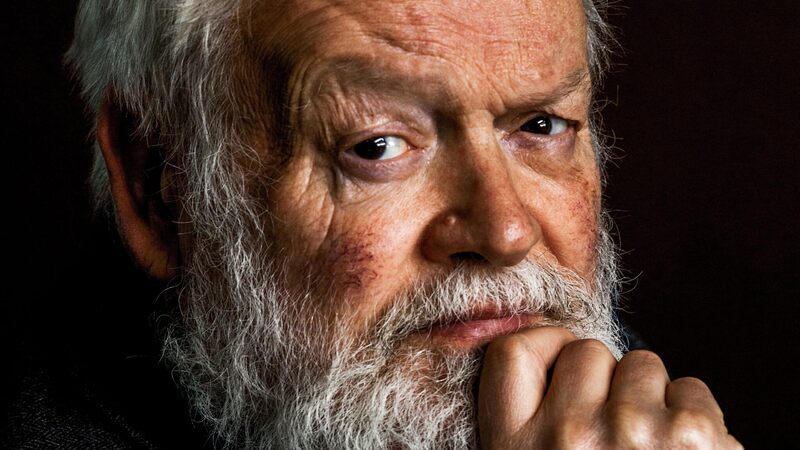You are viewing your 1 free article this month. Login to read more articles.
Sharing science for success
A regime incorporating inclusive science, where negative results can play an important role, can help advance outcomes—and it could also save researchers billions.
Each year, billions are wasted from research that is undertaken and then sits in lab notebooks all around the world, as researchers feel it’s not worth the effort of trying to get it published. This research is generally considered more incremental and descriptive, and thus less impactful, by most journal editors. However, this has become an expensive void in the peer-reviewed literature.
The Covid-19 pandemic showed us in real time how sharing all research as openly and as quickly as possible can lead to rapid solutions. Sharing of negative results and incremental advances reduced time-wasting and redundancy; sharing of detailed protocols and information on code and data set creation enabled researchers to reproduce and rapidly build on each other’s findings. This inclusivity in publishing helped us to go from disease to drugs and vaccines in 18 months, and social media and journalism helped to increase accessibility, public awareness and engagement. However, we still have a long way to go to make the Covid-19 research experience one which is the scientific norm.
PWC has estimated that €26bn is wasted in Europe alone from work being duplicated due to a lack of awareness of existing research
Such openness is not the case in all areas of research. As Scientific American noted in a late December 2020 article: “If rapidly sharing research data and papers is critical to understanding and combating coronavirus, doesn’t the same hold true for cancer, heart disease, climate change?” This is why having journals with inclusive science publishing practices is so important. Inclusive science is about understanding that research can advance discovery in incremental as well as in fundamental ways. It is about understanding that negative results are as important to scientific understanding as positive ones. It is about acknowledging research is often interdisciplinary and that space needs to be made for research that does not fit neatly into scientific niches. It is the belief that all validated research is important, worthy of being published, and has a place and role to play in the scientific literature.
Widening the net
It is, however, true that the selection criteria for many journals includes significance and impact. As the publisher of Nature and many prestigious community journals, we at Springer Nature obviously believe such journals also play an important role in the scientific landscape. Most researchers publish a groundbreaking piece of research once or twice in their lifetime, and when they do, they want enhanced visibility, wider accessibility and prestige. Low-volume, high-impact publications, such as the Nature titles, give authors such recognition and enable researchers to easily stay informed of the landmark research being published within and outside their immediate research areas.
However, as witnessed by Covid-19, there is also a need for inclusive science journals which do not consider impact or significance, and as long as the research is technically sound, it will be published.
PricewaterhouseCoopers has estimated that €26bn is wasted in Europe alone from work being duplicated due to a lack of awareness of existing research, unpublished negative results or due to lack of FAIR (Findable, Accessible, Interoperable and Reusable) research data. Other research published in the scientific journal PLoS Biology put the cost of flawed biomedical research—the amount scientists are spending every year on basic biomedical research that cannot be repeated successfully—in the US at $28bn.
How do we address this? Authors want, and the research community needs, journals that will rigorously peer-review and validate this type of research. Journals that do not judge on the significance of research, have gained reputation and community respect. In an open science world, these journals also provide a home for descriptive papers on protocols and data sets, facilitating sharing and reuse, and improving reproducibility.
Over the coming years, we will be launching more journals that advocate for inclusive science publishing and we hope to build support among our editors so they see the value in taking a broader view when deciding on what articles to publish in their journals.
















